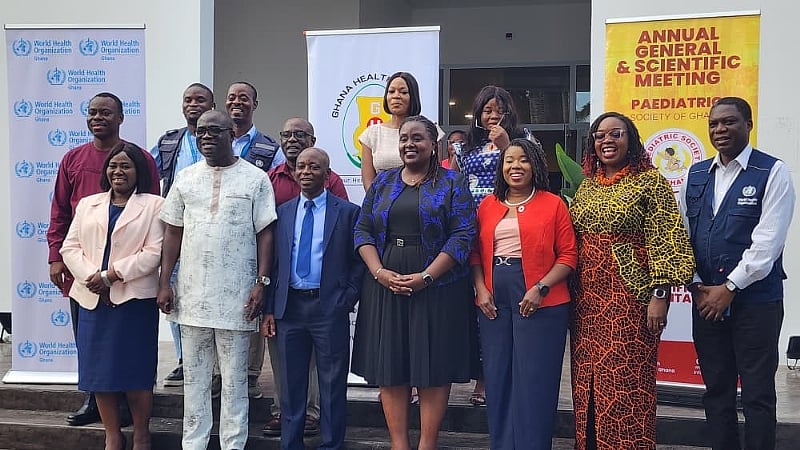Ghana is embarking on a significant public health initiative with the nationwide rollout of the Human Papillomavirus (HPV) vaccine for girls aged 9 to 14. This campaign, spearheaded by the Ministry of Health in partnership with the Paediatric Society of Ghana and the World Health Organization (WHO), aims to drastically reduce the incidence of cervical cancer, a disease that tragically claims the lives of hundreds of Ghanaian women annually. The HPV vaccine is globally recognized as a highly effective preventative measure against cervical cancer, and its introduction into Ghana’s national immunization program represents a critical step towards safeguarding the health of future generations. The vaccine’s introduction through the Expanded Programme on Immunisation (EPI) ensures its accessibility free of charge, removing a significant financial barrier that previously limited access for many families.
Cervical cancer, primarily caused by persistent infection with high-risk strains of the HPV virus, is largely preventable. The HPV virus, transmitted through sexual contact, is most effectively countered by vaccination before exposure. This underscores the strategic importance of targeting girls aged 9 to 14, a pre-adolescent demographic likely to be pre-exposed to the virus. By vaccinating this cohort, Ghana aims to disrupt the chain of infection, preventing countless future cases of cervical cancer and significantly reducing the burden of this devastating disease on individuals, families, and the healthcare system. The long-term protection offered by the HPV vaccine represents a proactive investment in the health and well-being of young women, offering them a greater chance of a cancer-free future.
The benefits of the HPV vaccine extend beyond cervical cancer prevention. It also offers protection against other HPV-related cancers, including anal, mouth, and penile cancers. While the current campaign focuses on girls, health experts acknowledge the potential benefits of expanding the program to include boys in the future. This broader approach would maximize public health impact by directly protecting boys and further strengthening herd immunity within the population. Herd immunity, achieved through widespread vaccination, offers indirect protection to unvaccinated individuals by reducing the overall prevalence of the virus within a community.
The decision to implement a nationwide HPV vaccination program reflects a comprehensive understanding of the devastating impact of cervical cancer in Ghana. The high cost of diagnosing and treating cancer, often exceeding ₵100,000 per patient, places a significant financial strain on families and the healthcare system. By investing in preventative measures like vaccination, Ghana aims to alleviate this financial burden while simultaneously preserving lives and improving public health outcomes. The program’s success hinges on achieving high vaccination coverage, paving the way for potential expansion to include boys and further solidify the nation’s fight against HPV-related cancers.
The nationwide rollout of the HPV vaccine signifies a transformative moment in Ghana’s healthcare journey. It demonstrates a commitment to proactive healthcare interventions and underscores the importance of preventative measures in addressing critical public health challenges. The initiative is not merely a public health strategy but also a prudent financial investment, offering long-term benefits for individuals, families, and the nation as a whole. By prioritizing prevention, Ghana aims to reduce the incidence of cervical and other HPV-related cancers, ultimately saving lives and building a healthier future for its citizens.
This ambitious campaign is more than just a vaccination drive; it’s a testament to the power of preventative healthcare and a symbol of hope for a future free from the burden of cervical cancer. By empowering young girls with this life-saving vaccine, Ghana is taking a decisive step towards a healthier and more prosperous future. The success of this initiative will not only improve individual health outcomes but will also contribute to strengthening the nation’s healthcare system and its overall socio-economic development. The program’s emphasis on early intervention and prevention is crucial in combating a disease that has historically impacted countless lives.


